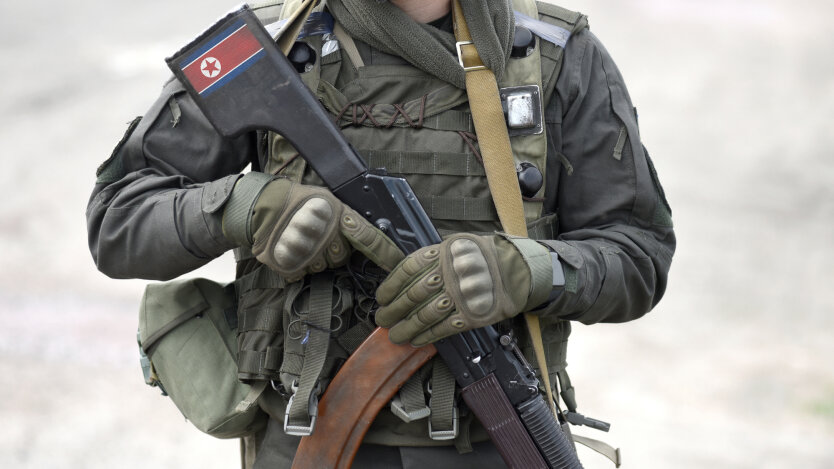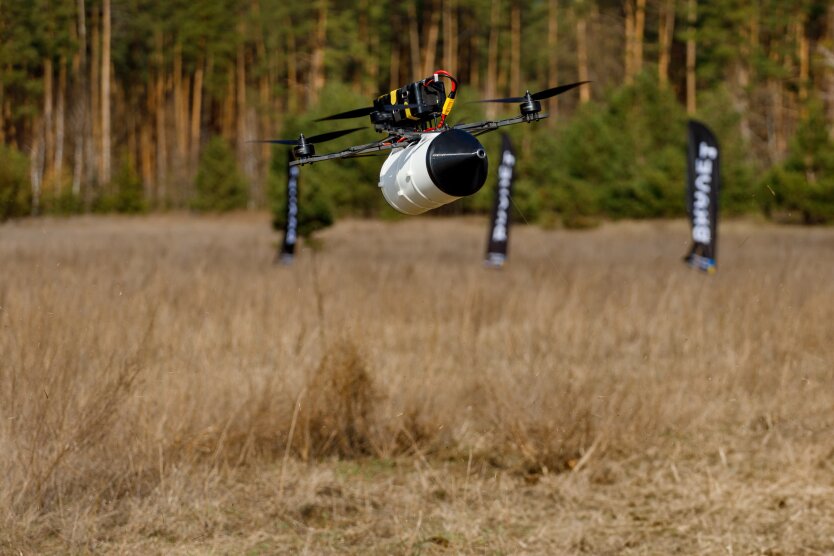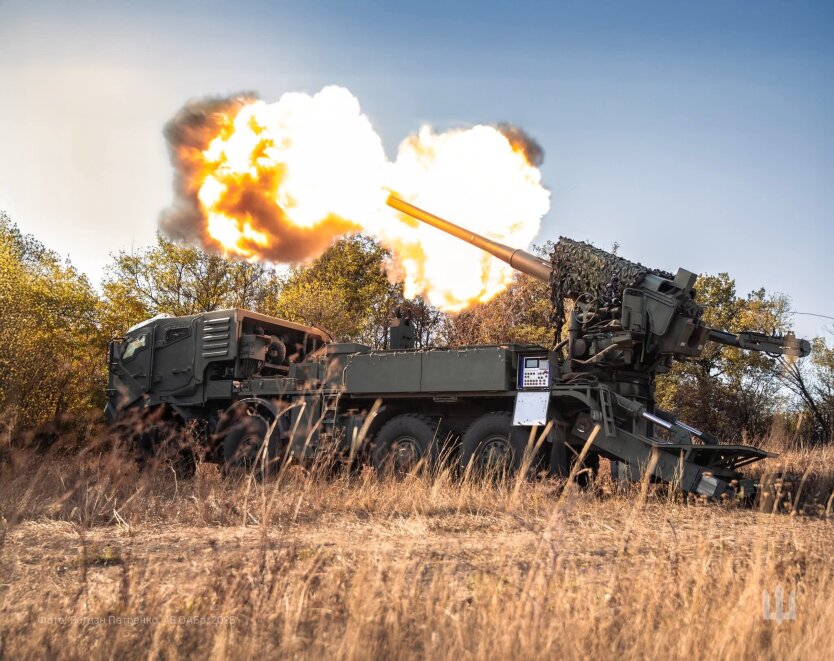NYT reveals how the Armed Forces of Ukraine forced Kim Jong Un to urgently withdraw troops.


North Korean troops withdrawn from the front line after heavy losses
According to information from The New York Times, North Korean military personnel who had been assisting Russian allies in their fight against Ukrainian forces were withdrawn from the front line after sustaining heavy losses.
According to U.S. and Ukrainian officials, North Korean troops that were sent to Russia to bolster Russian forces have not been stationed at the front line for two weeks.
The arrival of 11,000 North Korean soldiers in Russia in November raised concerns for Ukraine and its western allies, as it sparked fears of further deterioration in relations that have been ongoing for three years. However, in the past three months, the number of North Korean troops has halved, reported the Commander-in-Chief of the Armed Forces of Ukraine.
According to Ukrainian military officials, while North Korean soldiers are brutal, they are disorganized. They suffer heavy losses due to a lack of support from Russian units.
Withdrawal of North Korean troops may be a temporary measure
U.S. officials believe that the withdrawal of North Korean troops from the front line may be a temporary measure. There is a possibility that they will return after additional training or if the Russians develop new deployment methods to avoid heavy losses.
It should be noted that North Korea supplies a large number of artillery shells to Russia, while Russia provides North Korea with oil, food, and weaponry upgrades.
Read also
- Benefits for Fiber-Optic Controlled Drone Manufacturers: What Has Changed
- National Police Conducted Over 940 Searches Resulting in the Seizure of Illegal Weapons
- Held for four days: Israel announces the elimination of Iran's new Chief of Staff
- Ukraine prepares for provocations during Russian-Belarusian exercises
- Over 2300 medical facilities damaged or destroyed due to the war - Ministry of Health
- Recruiting at 'Reserv+'': which service directions are the most popular










